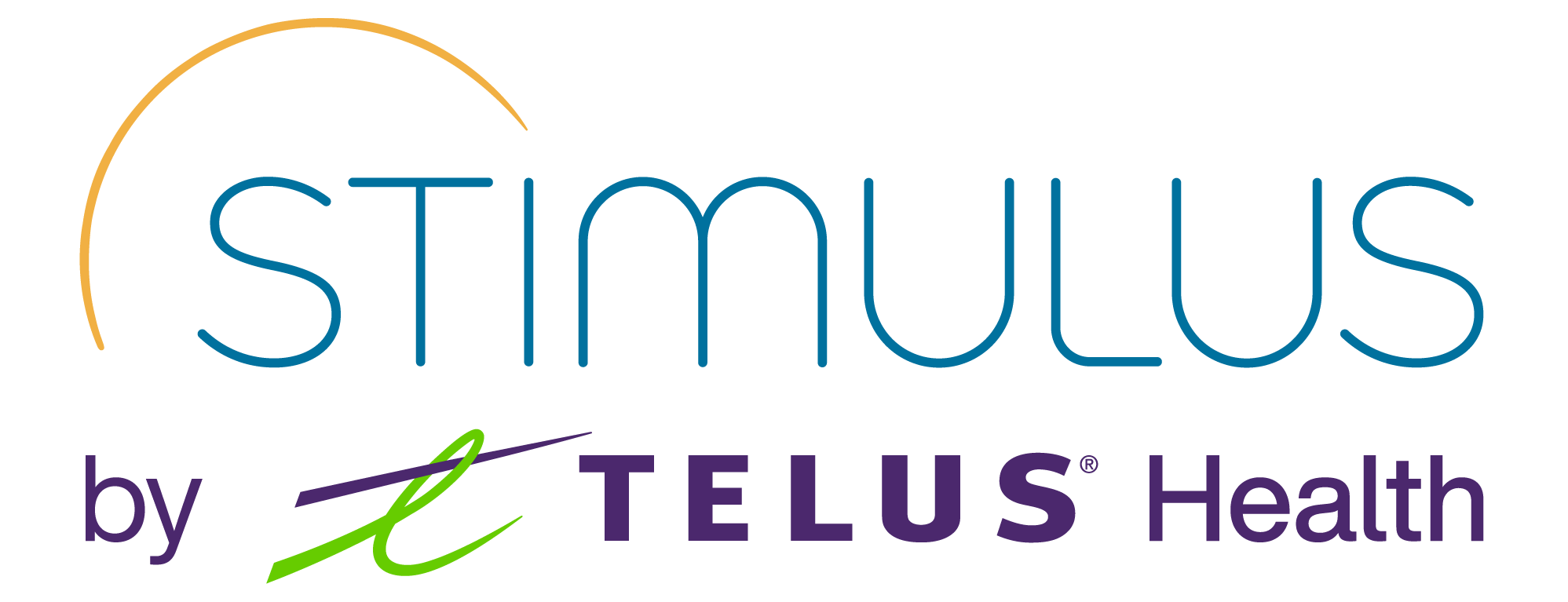Menopause and menopausal transition counselling at Stimulus

-An Interview with Andrea Schmidtke-
The menopausal transition can be a challenging and pivotal phase in anyone‘s life. It often brings changes that impact both personal and professional aspects, but these challenges are completely normal. With proper guidance, many of the associated difficulties can be managed or alleviated. Andrea, a systemic therapist and senior counselor at Stimulus, shares her experience in supporting individuals through the menopausal transition and offers helpful insights.
Could you please explain to us, what the difference between menopause and menopausal transition is?
The menopausal transition refers to the time leading up to menopause, when menstruation becomes irregular and hormonal changes occur. This phase can introduce a range of physical and emotional challenges and represents a period of significant transition in a person’s life.
Menopause itself begins after the final menstrual period. While hormonal shifts continue after this point, the menopausal transition is considered to be over.
How do clients come to seek counseling for menopause-related issues? Do they ask about it directly, or does it come up during other discussions?
In most cases, clients initially seek counseling for unrelated issues. During our conversations, we inquire about the client’s age, which often helps us identify potential links to the menopausal transition or menopause. Sometimes, if it seems relevant, we’ll ask directly if they are in this phase, and the discussion naturally evolves from there. Occasionally, clients themselves bring up the possibility that their symptoms are related to the menopausal transition, but it’s rare for someone to seek counseling solely for this reason. The topic usually surfaces as part of a broader conversation.
What types of concerns typically arise in this context? Are they more personal, physical, or emotional? Do they include workplace tensions or conflicts?
The concerns we encounter are often similar: mood swings, mild depressive episodes, difficulty sleeping, and weight gain due to changes in metabolism. Irritability and severe hot flashes are also common symptoms.
These challenges often coincide with a phase of life marked by significant personal changes – children grow up and move out, sometimes leading to empty nest syndrome. This is also when the state of a marriage or relationship becomes more apparent, as the focus shifts away from raising children. At the same time, aging parents may require care, adding to the emotional strain. Many people also revisit past biographical issues, such as unresolved conflicts with parents, which can complicate their feelings about caregiving.
Additionally, people often reflect on their sexual identity and body image during this period, while also confronting the reality of the finite nature of life.
Do these issues affect workplace performance?
Yes, they can. Changes in performance during the menopausal transition can lead to workplace tensions, particularly with colleagues or supervisors who expect the same level of productivity as before. Chronic sleep deprivation, which can last for extended periods, places a heavy strain on mental and emotional well-being, making even previously manageable tasks feel overwhelming. This sense of being overburdened can significantly affect both personal well-being and professional performance.
How can Stimulus help?
At Stimulus, we offer counseling sessions tailored to one’s challenges, and when necessary, we refer clients to specialized women’s counseling centers.
A key focus of our work is helping clients develop acceptance and understanding of their physical and emotional experiences. Gaining clarity on one’s identity is central to this process. Clients often realize that their identity encompasses much more than just being a woman or mother – they are also partners, friends, and professionals. Many clients also begin to reassess earlier life decisions, such as marriage, home ownership, or having children, which were often made automatically rather than consciously. This self-reflection often leads to important questions: “What do I really want from life now?” and “How do I want to move forward?” Our goal is to help clients navigate this process and strengthen their confidence as they redefine their identity.
Another important aspect is breaking the stigma around menopause. We support clients in developing effective communication strategies for discussing their situation at work. For instance, we help them find ways to explain to their supervisors or colleagues that they may not feel well due to the menopausal transition and are struggling with sleep. We also explore ways to alleviate some of the pressure and stress they’re feeling, such as by reducing their working hours. These conversations require careful communication, and we guide clients in developing helpful, constructive approaches.
About Andrea:
Andrea Schmidtke is a senior counselor at Stimulus and a systemic therapist offering advice on all psychological topics. Her expertise often centers on helping clients navigate personal and professional transitions. Increasingly, her clients struggle with anxiety and depression, and she works with them to find practical solutions. She also advises on workplace challenges, including team communication, workplace conflicts, and managing increased work pressure. In her private counseling practice, Andrea addresses a wide range of issues, such as health concerns, work-life balance, family conflicts, parenting challenges, and caregiving for relatives.
Andrea finds it especially rewarding when clients implement strategies discussed in counseling and experience positive changes. She values those moments when clients recognize important connections in their lives. Andrea is also deeply moved by the trust clients place in her, and while she approaches each session with professionalism, she also incorporates humor when appropriate, as it helps lighten the load of difficult situations, if only for a moment.
